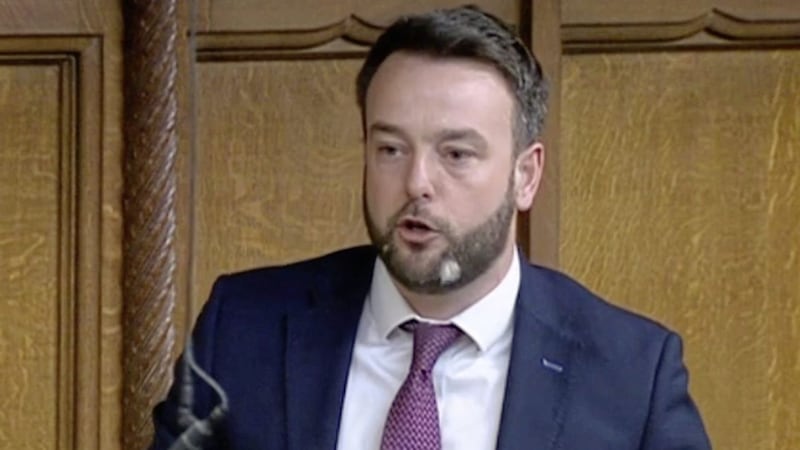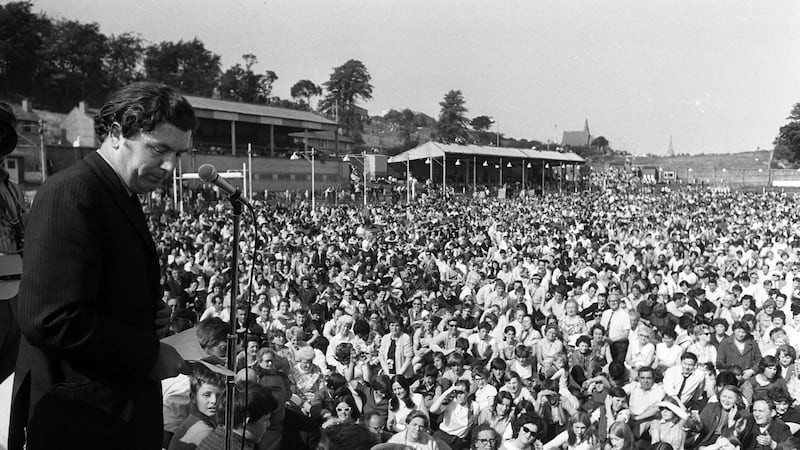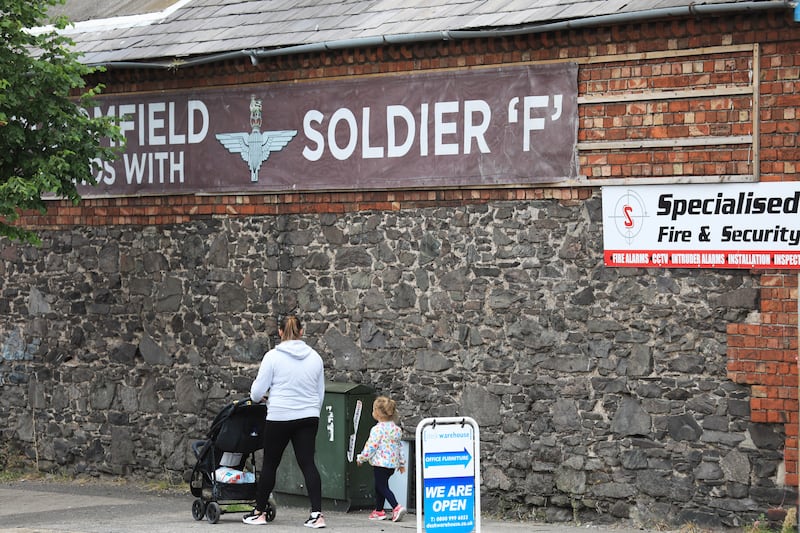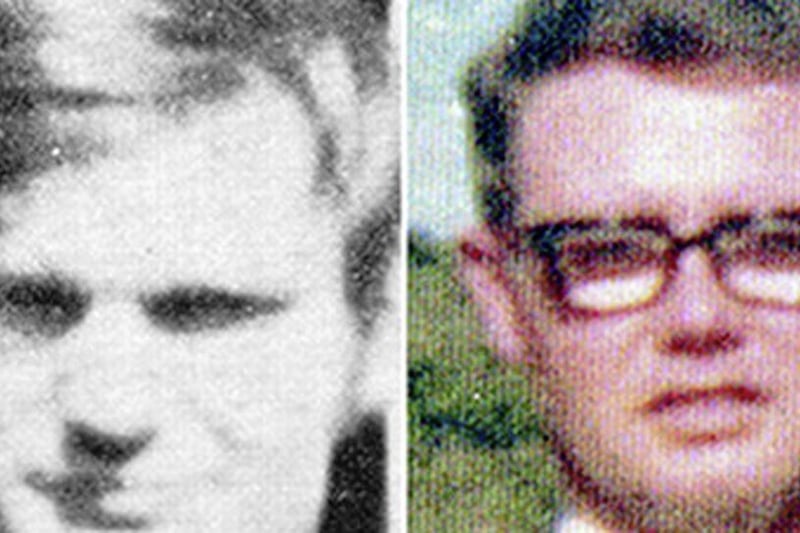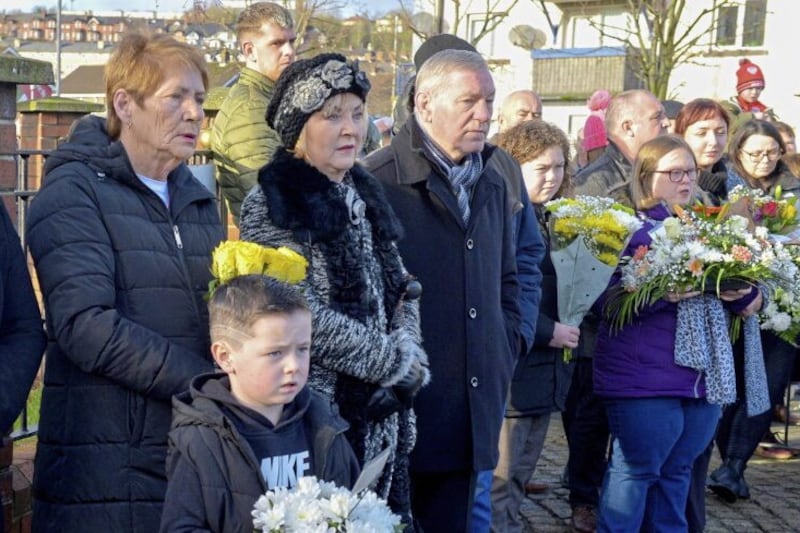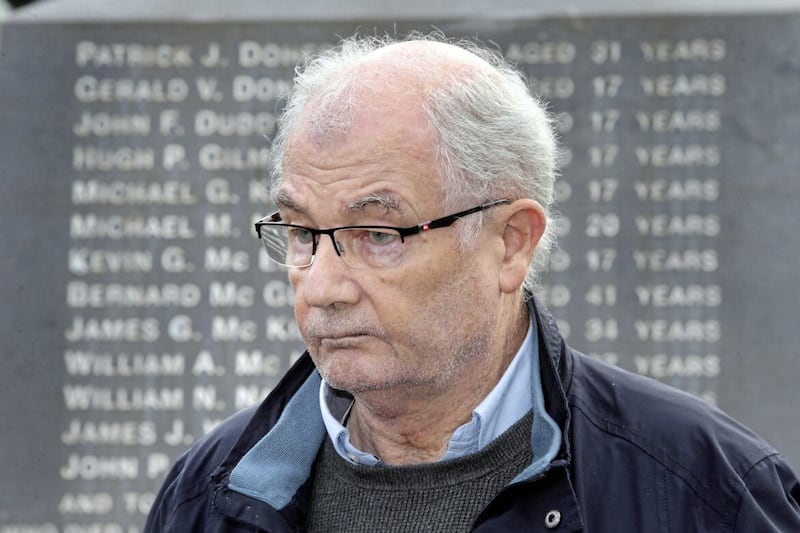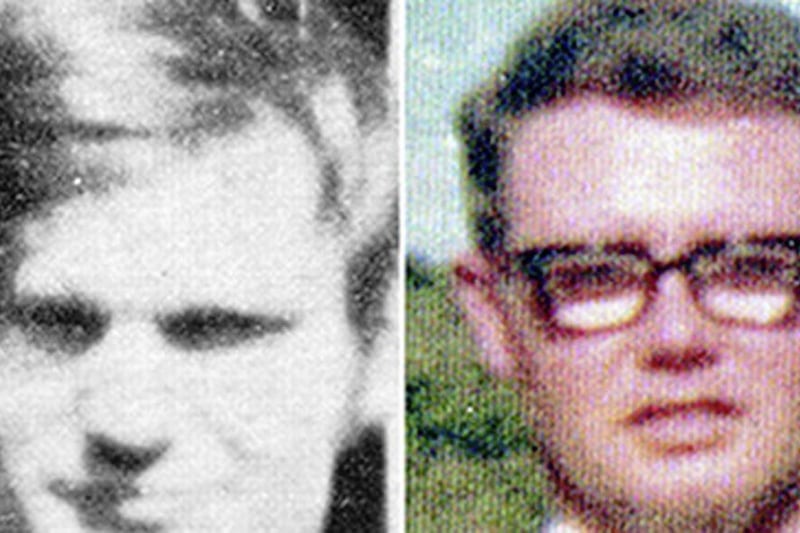SDLP leader Colum Eastwood has used parliamentary privilege to name the British soldier accused of murdering two men on Bloody Sunday.
After almost 50 years of anonymity, the man known as 'Soldier F' was yesterday named in the House of Commons.
Mr Eastwood's decision to identify the former paratrooper came on the eve of British government plans to introduce a statute of limitations for Troubles offences.
The Foyle MP spoke during a Westminster debate on the Armed Forces Bill.
Soldier F has been facing two murder charges over the killings of William McKinney and Jim Wray, as well as five attempted murder charges, relating to Bloody Sunday in 1972 when 13 people were shot dead by the British army.
He was granted anonymity by a judge, who said "a real risk does exist" to his life and that he is right to "feel genuine fear".
It is understood this court order remains in place, raising the possibility that, even after Mr Eastwood's parliamentary intervention, any news organisation publishing the name could still face contempt of court proceedings.
Earlier this month, the Public Prosecution Service (PPS) announced its intention to withdraw proceedings against Soldier F as well as charges against Soldier B for the murder of 15-year-old Daniel Hegarty six months after Bloody Sunday.
It followed a review of the cases prompted by the collapse in April of the trial of Soldier A and Soldier C for the 1972 murder of Official IRA leader Joe McCann in Belfast.
The cases against both Soldier F and Soldier B involved evidence of a similar nature to that which was ruled inadmissible in the McCann trial.
But while the Soldier F case was due to be formally dismissed in court last week, a legal challenge by a brother of William McKinney forced an adjournment.
Leave has been granted for a judicial review into the PPS's decision not to proceed with the prosecution, which is scheduled to be heard in September.
Mr Eastwood named Soldier F under the ancient right of parliamentary privilege that gives MPs unrestricted free speech in the House of Commons, enabling them to name individuals without the risk of being sued for defamation.
"For 50 years he has been granted anonymity and now the government want to grant him an amnesty," the SDLP leader said.
"No-one involved in murder during the Troubles should be granted an amnesty."
Liam Wray, a brother of Jim Wray, welcomed Mr Eastwood's actions.
He told The Irish News: “I have always said Soldier F was under no threat or harm. His name has been widely known for years and if anyone wanted to harm him they would have done so before now.
“I applaud Colum Eastwood for what he has done.”
However, DUP MP Gregory Campbell described the SDLP leader's actions as "reckless and downright dangerous".
"I will be writing to the Speaker and the Commissioner for Standards. The Foyle MP's behaviour falls well below that expected of someone in his position especially when the courts have made clear that to name this person could jeopardise life."
Former veterans minister Johnny Mercer also accused Mr Eastwood of "mis-using parliamentary privilege".
"I have never defended this man, but I will defend his right to a fair process," he said.
Last week, police in Derry removed several posters erected in the city purporting to reveal the name of Soldier F.
They were put up in various locations around the city, including Guildhall Square, and were also widely distributed on social media despite the court order banning the naming of the former soldier.
